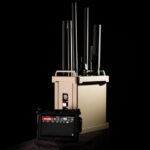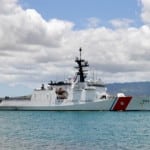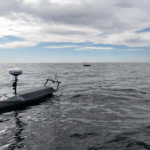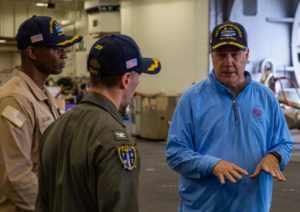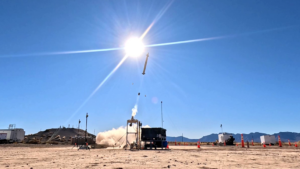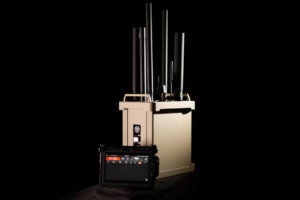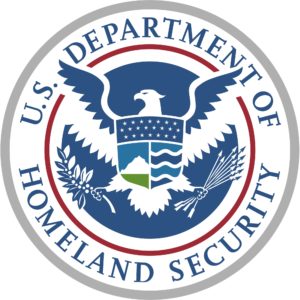
TSA Awards Accenture $199M for Secure Flight Support The Transportation Security Administration has awarded Accenture’s [ACN] Federal Services subsidiary a potential 10-year, $199 million contract to continue providing a range of information technology services in support of the agency’s Secure Flight system. The award has a base-year and nine one-year options. Accenture Federal Services has been responsible for Secure Flight program delivery since Nov. 2018. “TSA’s Secure Flight System identifies low and high-risk passengers before they arrive at the airport,”…

 By
By 